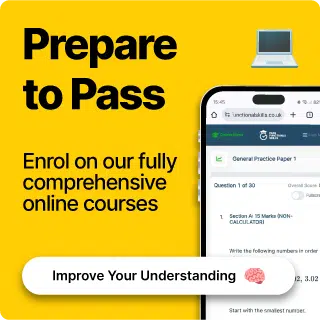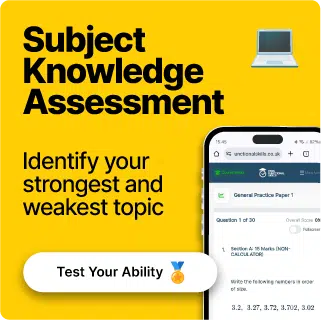Writing: Spelling
Going Professional
- You will need to be accurate with spelling in your writing exam to get marks
- This page will leave you feeling more comfortable about spelling trickier words
- There are some rules that will help you remember these also
Make sure you are happy with the following topics before continuing:
Rule 1: ‘i’ before ‘e’
In many words, the two vowels ‘i‘ and ‘e‘ are next to each other, but how do we know which letter comes first?
By using this rule, you should be able to spell these words correctly:
‘i‘ before ‘e‘ except after ‘c‘, but only when it rhymes with ‘bee‘
Take a look at the diagram below.
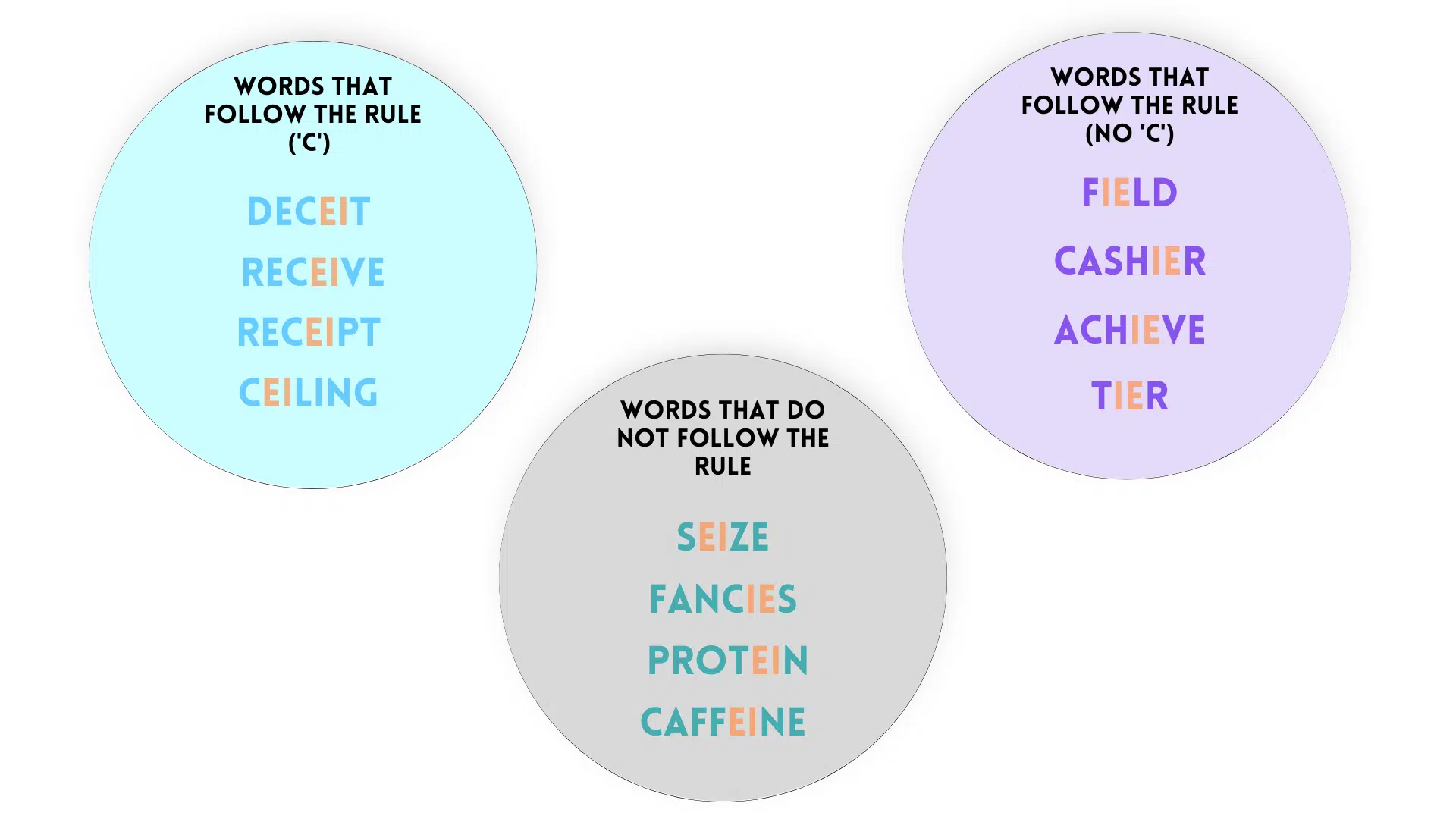
In the left-hand circle are:
- Words that follow the ‘i’ before ‘e’ except after ‘c’ rule – the ‘i’ and the ‘e’ letters come after a ‘c’
- Rhyme with ‘bee’
In the right-hand circle are:
- Words that follow the ‘i’ before ‘e’ except after ‘c’ rule‘ – the ‘i’ and the ‘e’ letters do no come after a ‘c’
However, some words are rule-breakers, and do not follow this rule. These are called exceptions.
Therefore, in the middle circle are:
- Words that don’t follow the rule even when after ‘c’ and rhyming with ‘bee’
Follow Our Socials
Our Facebook page can put you in touch with other students of your course for revision and community support. Alternatively, you can find us on Instagram or TikTok where we're always sharing revision tips for all our courses.
Commonly Misspelt Words
Some words are difficult to spell as they either contain:
- Silent letters
For example: climb, handsome, echo, Christmas, write
- Double letters
For example: tomorrow, button, degree, common, cocoon
- Letters that sound different to what it is
For example: describe, business (sounds like ‘i’)
- Irregular spacing
For example: may be (not to be confused with ‘maybe‘), thank you (not ‘thankyou‘)
Commonly Misspelt Words: Specialist Words
You may also need to be able to spell specialist words correctly. However, these can be tricky as they also contain double letters, silent letters and lots of letters!
= Specialist words are words that are specific to particular fields. You may have heard them being used in every day life from different jobs!
For example:
- In the hairdressers, you may hear words like: lowlights, straighteners, mousse
- In retail, you may hear words like: backlog, merchandising, purchase
- In business, you may hear words like: apprentice, competitor, recruitment
Sometimes, common specialist words are shortened. However, the full form should be used in formal writing.
For example:
Lab —-> Laboratory
Commonly Misspelt Words: Hyphenated Words
Hyphens are used to join two words together so the word/phrase is clearer to the reader.
It shows the reader that the two words should be treated as just one word.
Hyphens create compound words to show that it has joint meaning.
Compound words are created by joining together two or more words which make sense on their own.
For example:
The man with the glasses is short-sighted.
Hyphens can also be used to separate the same vowel from being next to each other. This makes the word easier to read and pronounce.
For example:
‘re-enter’, ‘anti-icing’, ‘semi-invalid’
‘The man re-entered the shop after forgetting his wallet’.
However, if two different vowels are next to each other, a hyphen is not needed.
For example:
‘semiautomatic’
‘The woman was driving a semiautomatic car’.
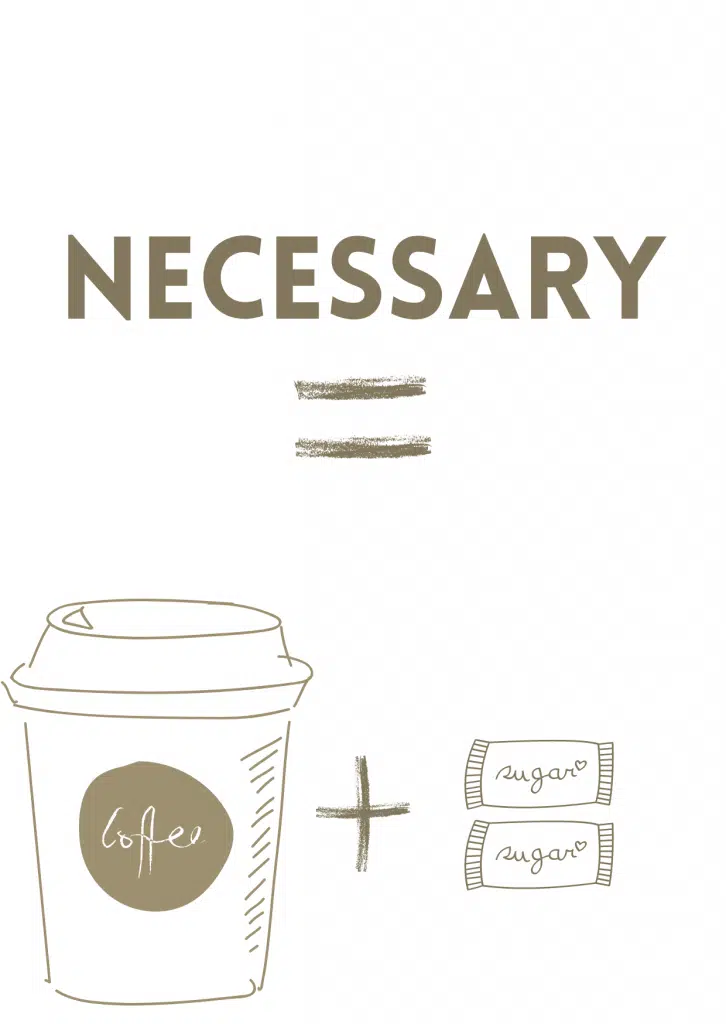

Tips for Remembering
It may help you to invent funny sentences in order to remember how to spell tricky words.
For example:
Necessary = has 1 coffee and 2 sugars
OR make it into a mnemonic by taking the first letter of each and making it catchy!
For example:
Because = big elephants can always understand small elephants
Commonly Confused Words
Some words may be easily confused as they sound the same, but have different meanings and functions.
- Their
= In other words, ‘belongs to them‘ – e.g., “Their house was really clean”
- They’re
= Shortened version of ‘they are’ – e.g., “They’re playing sports after school”
- There
= Talking about location – e.g., “Your cup of tea is over there”
= Introducing sentences – e.g., “There must be another way”
- To
= ‘Towards‘ – e.g., “She is going to France tomorrow”
= Part of a verb – e.g., “She is going to paint a picture”
- Too
= Too much of something – e.g., “They’re too strict with my daughter”
= Another word for saying ‘also‘ – e.g., “He is coming along too”
- You’re
= Shortened version of ‘you are‘ – e.g., “You’re my best friend”
- Your
= In other words, ‘belongs to you‘ – e.g., “Your t-shirt is in the washing machine”
- Off
= In other words, ‘not on‘ – e.g., “Get off the grass”
- Of
= Joins elements of a sentence together – e.g., “I am full of carrot cake”
- Are
= Verb – e.g., “We are the best people for the job”
- Our
= In other words, ‘belonging to us‘ – e.g., “Our cousin is coming over”
Plurals
In order to make a word plural, you would typically add an ‘s‘ on the end.
e.g., sheets, computers, hands
However, words that end with:
- ‘ch‘
- ‘x‘
- ‘s‘
- ‘sh‘
- ‘z‘
… Need an ‘es‘ plural!
e.g., speeches, fizzes, bosses
This is also different for words ending with ‘y‘:
- If a word ends with a ‘y‘ and has a vowel just before it, the plural of these words would be ‘s‘
- If a word ends with a ‘y‘ and has a consonant just before it, the ‘y‘ becomes ‘ies‘
e.g., fly —-> flies
Words ending in ‘fe‘ or ‘f‘ have a separate rule also:
- If a word ends in ‘f‘ or ‘fe‘ would need to end in ‘ves‘ in order to make it plural.
e.g., knives, calves, shelves
However, some words don’t follow any pattern at all! Watch out for these:
- 1 foot = two feet
- 1 person = two people
- 1 mouse = two mice
- 1 goose = three geese
Some don’t even change:
- 1 sheep = two sheep
- news = news
- 1 salmon = two salmon
Prefixes
A prefix is the process of adding letters to the start of a word. In other words the ‘pre-‘ is ‘fixing‘ the word in order to change the meaning.
For example:
in + secure = insecure
dis + agree = disagree
il + legal = illegal
Notice how it changes the meaning of the word, but doesn’t change the spelling?
Some other prefixes you may encounter include:
- un-
- re-
- semi-
- de-
- en-
- mis-
Now let’s have a look at suffixes…
Suffixes
A suffix differs from a prefix in a couple of ways:
- A suffix is added at the end of a word
- A suffix may also change the meaning AND spelling of a word
For example:
argue + ment = argument
heavy + ness = heaviness
inactive + ity = inactivity
Notice how it changes the spelling and the meaning of the word?
Some other suffixes you may encounter include:
- -ful
- -ly
- -less
- -able
- -ing
- -ism
However, remember the ‘i‘ before ‘e‘ rule? This doesn’t apply for suffixes, so ignore it!
Practise your Spelling: Homophone Crossword Edition!
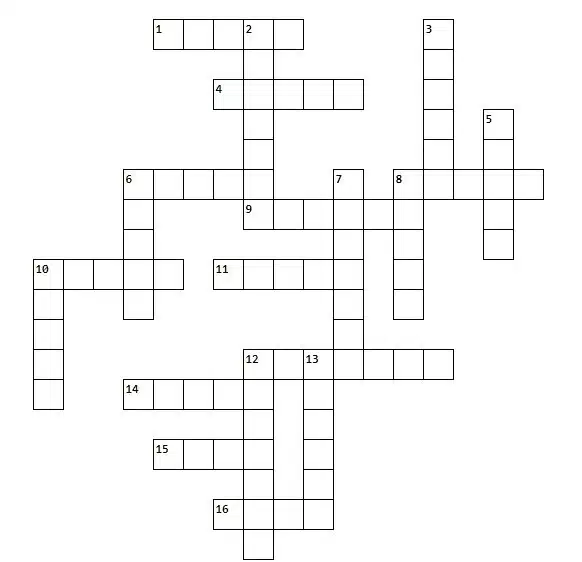
Across
1. a pause, to separate into pieces
4. saying something not in silence
6. a type of aircraft
8. take something without permission
9. to leave a place empty, a barren, dry area
10. a portion or slice
11. abbreviation of ‘who is’
12. if, or not
14. possession word meaning ‘of whom’
15. to arrange to see someone
16. flesh of an animal, source of protein
Down
2. have permission to do
3. to receive
5. to slow a vehicle
6. tranquillity
7. the final course of a meal
8. a common metal
10. simple, basic
12. rain, sun, cloudy
13. not including
Homophone Crossword Answers
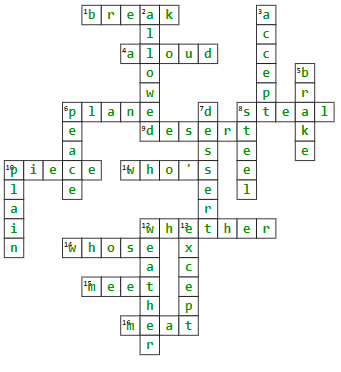
Specification Points Covered
EL3.17 – Spell correctly words designated for Entry Level 3
L1.21 – Spell words used most often in work, study and daily life, including specialist words
L2.22 – Spell words used in work, study and daily life, including a range of specialist words

